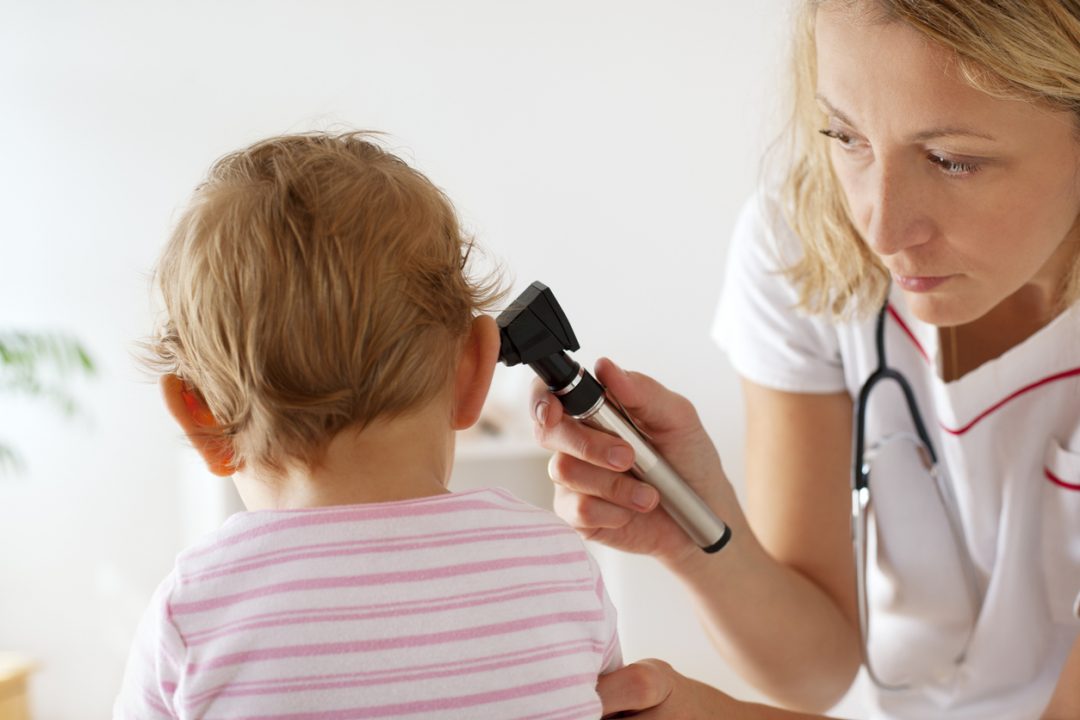The Royal College of Paediatrics and Child Health (RCPCH) has published a bank of resources to help paediatricians support families suffering from the impact of poverty, low wealth, and inequalities.
On Thursday, Audit Scotland published a new report which highlighted the damage poverty does to the wellbeing and life chances of children.
The publication urged the government to plan ahead in a bid to ensure all statutory child poverty targets are met by 2030.
It comes as the Scottish child poverty rate is expected to rise to its highest level in over 20 years by 2023-24, according to analysis by the Resolution Foundation.
Prior to the current cost of living crisis, research in 2019 found more than one in four of Scotland’s children were living in poverty.
However it is expected even more families will be pushed into poverty, with a recent survey finding 60% of UK paediatricians believe the rising cost of living is already having a direct impact on the health and wellbeing of children and their families.
The results showed that paediatricians are seeing rising mental health concerns in patients and their families, increased poor nutrition and a rise in families being unable to attend medical appointments as transport costs rise.
When asked about the cost of living crisis, UK paediatricians told the RCPCH they have had to “resort to use of the ambulance service in urgent settings” as “families cannot afford to get transport to hospital”.
Another added: “When the sibling of a child with complex neurological disorder says he doesn’t want to go home because ‘hospital is amazing’, your heart breaks.
“For this young boy home is a hotel room, with no toys, no outdoor, limited food supplies, and no other children to play with…this is not the childhood we would want for any child.”
Dr Mairi Stark, RCPCH officer for Scotland said: “In an affluent society such as ours it is wholly unacceptable for children and their families to lack food, shelter, clothing, and fuel.
“The cost of living crisis this winter has created a perfect storm where health inequalities are predicted to get far worse.
“This will without a doubt destroy the lives of children and young people, it will take away opportunities and stop them reaching their full potential.
“Resources published today by RCPCH will arm paediatricians with the tools they need to make concrete differences and real improvements in the lives of children and young people, but poverty needs to be tackled via policy as well.
“To help Scottish families through the cost of living crisis and tackle insidious inequalities in our nation, child poverty targets must be met.
“I strongly urge the Scottish Government to double the Scottish Child Payment Bridging Payments from October, to safeguard our most vulnerable and uplift children and their families out of poverty. We have a moral duty to act now to build healthy, happy and sustainable future generations.”
The RCPCH will provide members with communication tools on how to talk to parents about poverty in a clinic, a range of factors to consider if interested in starting a quality improvement project to improve NHS services that reduce child health inequalities and tips on how to influence local policy to make change – emphasising evidence and data as a powerful tool in advocacy.
The products were created in collaboration with paediatricians and tested out by children, young people, and their families to make sure they resonated, provided practical assistance, and crucially were in the right language for them.
Responding to Audit Scotland’s report, John Dickie, director of the Child Poverty Action Group (CPAG) in Scotland said: “Audit Scotland is absolutely right to highlight the terrible damage poverty does to children’s wellbeing and life chances, and the need for government to plan ahead to ensure all statutory child poverty targets are met by 2030.
“That must mean supporting families through the cost of living crisis by delivering more immediate cash support and ensuring above-inflation increases so that Scottish benefits at least hold their real terms value next year.
“But as this report makes absolutely clear, to achieve the 2030 child poverty targets a longer term plan needs to be developed now, especially on how more parents will be able to access decently paid, family friendly jobs.”
A Scottish Government spokesperson said: “Tackling child poverty is a national mission. We invested an estimated £8.5bn in supporting low income households between 2018-22, of which £3.3bn directly benefitted children.
“Our second Tackling Child Poverty Delivery Plan, ‘Best Start, Bright Futures’, sets out our actions to tackle child poverty still further, including our focus on long-term parental employment support, increased social security, and measures to reduce household costs.
“This includes increasing the Scottish Child Payment to £25 per eligible child per week from November 14, a 150% increase within eight months, with the ‘game-changing’ anti-poverty benefit also opening to applications for eligible under-16s from that date.
“We welcome the Audit Scotland briefing paper and, together with our partners, will give it careful consideration.”
Follow STV News on WhatsApp
Scan the QR code on your mobile device for all the latest news from around the country


 iStock
iStock

























